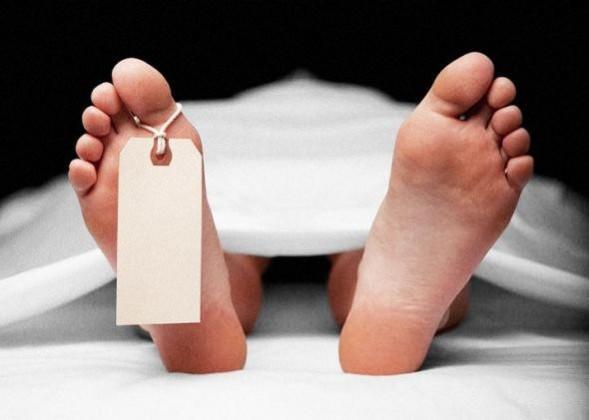
A person's brain cells may still function up to 5 minutes after their heart stops beating, according to a recent study.
Doctors often declare a person dead after his/her heart stops beating. "Technically, that's how you get the time of death – it's all based on the moment when the heart stops. Once that happens, blood no longer circulates to the brain, which means brain function halts almost instantaneously," Dr. Sam Parnia, a British Assistant professor of Medicine at the Stony Brook University School of Medicine told Daily Mail, in a 2017 interview.
In a new study, researchers from Charité - Universitätsmedizin Berlin and the University of Cincinnati studied nine people in Berlin, Germany, and Cincinnati, Ohio and found that they had the electrical signals in their brain monitored as they died.
All the patients in the study had suffered from some serious brain injury, and all of them had "do not resuscitate" orders.
It is a known fact that when blood stops flowing, there's no oxygen. And, oxygen is necessary for cells to produce the energy that's needed for the cells to function. If they are deprived of this energy, they die.
"Within about 3 minutes," lead author Jens Dreier, a professor at the Center for Stroke Research Berlin, told Newsweek, "the brain's fuel reserves have become depleted."
"When that happens, the mechanisms that brain cells use to keep ions separated, something that's necessary for them to function at all starts to fail. That creates what is sometimes called a brain tsunami," said Dreier.
When the ion gradients breakdown, it releases a "massive wave of electrochemical energy in the form of heat", Dreier explained. "This energy loss spreads through the cortex and other areas of the brain," which is technically called depolarization.
However, this loss does not necessarily mean it's the end. Just like a battery that has lost its charge, the loss of polarization may be reversible, at least for a while, Jed Hartings, a neuroscientist at the University Of Cincinnati College Of Medicine and a member of the UC Gardner Neuroscience mentioned. But, it is not known for how long the brain can exist like that. "The chemical changes that lead to death begin with depolarization," said Hartings.
This is a new finding. Previously, researchers believed that irreversible damage occurs when brain activity flatlines, but the current study shows that's not the case. "And that's really the fundamental insight here," Hartings added.
After a person's heart stops, the cellular activity may linger and maybe even the brain waves too, Newsweek reported. Moreover, "we've never had a method to diagnose brain death," Hartings noted, "and we don't have a way to be certain when all capacity for awareness is lost."
In some cases, the organ donation protocols allow surgeons to start removing organs five minutes after a person's heart stops beating or their blood pressure plunges. But, Dreier thinks it might be inaccurate. "The nerve cells are not dead at five minutes," he said, citing experiments done with animals.
Dreier said, if circulation resumes after five minutes, then it is very likely "that the person will recover."
The findings could also help in treatment strategies for cardiac arrest and stroke. The findings were published in the journal Annals of Neurology.

















